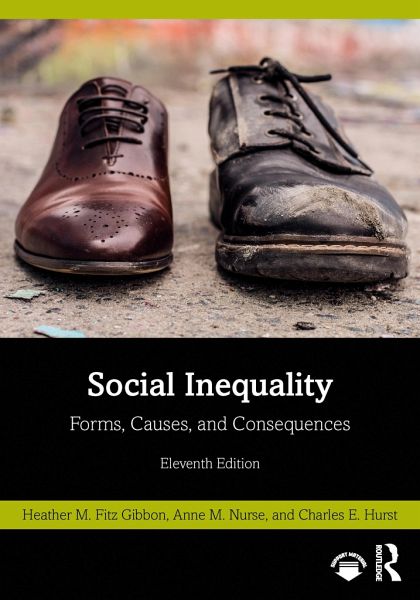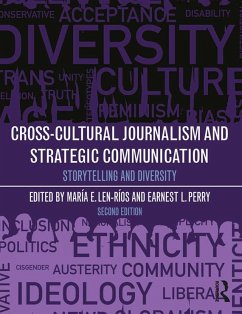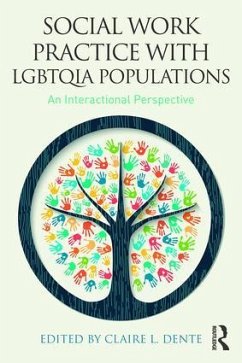
Social Inequality
Forms, Causes, and Consequences
Versandkostenfrei!
Versandfertig in 6-10 Tagen
89,99 €
inkl. MwSt.
Weitere Ausgaben:

PAYBACK Punkte
45 °P sammeln!
The eleventh edition of Social Inequality: Forms, Causes, and Consequences is an introduction to the study of social inequality. Fully updated statistics and examples convey the pervasiveness and extent of social inequality in the United States. The authors use an intersectional perspective to show how inequality occurs, how it affects all of us, and what is being done about it.With more resources and supplementary examples, exercises, and applications embedded throughout to aid students' learning and visualization of important concepts, the book provides a rich theoretical treatment to addres...
The eleventh edition of Social Inequality: Forms, Causes, and Consequences is an introduction to the study of social inequality. Fully updated statistics and examples convey the pervasiveness and extent of social inequality in the United States. The authors use an intersectional perspective to show how inequality occurs, how it affects all of us, and what is being done about it.
With more resources and supplementary examples, exercises, and applications embedded throughout to aid students' learning and visualization of important concepts, the book provides a rich theoretical treatment to address the current state of inequality. In line with current affairs, the authors have expanded the content to include:
An intersectional approach throughout the chaptersA stronger emphasis on the connections between poverty, wealth, and income inequalityNew case studies on the opioid epidemic, COVID-19, the lead poisoning crisis, and climate changeA new focus on the rise of right-wing movements.
With additional content and classroom extensions available online for instructors, Social Inequality remains an ideal and invaluable overview of the subject and provides undergraduate students with a robust understanding of social inequality from a sociological perspective.
With more resources and supplementary examples, exercises, and applications embedded throughout to aid students' learning and visualization of important concepts, the book provides a rich theoretical treatment to address the current state of inequality. In line with current affairs, the authors have expanded the content to include:
An intersectional approach throughout the chaptersA stronger emphasis on the connections between poverty, wealth, and income inequalityNew case studies on the opioid epidemic, COVID-19, the lead poisoning crisis, and climate changeA new focus on the rise of right-wing movements.
With additional content and classroom extensions available online for instructors, Social Inequality remains an ideal and invaluable overview of the subject and provides undergraduate students with a robust understanding of social inequality from a sociological perspective.














